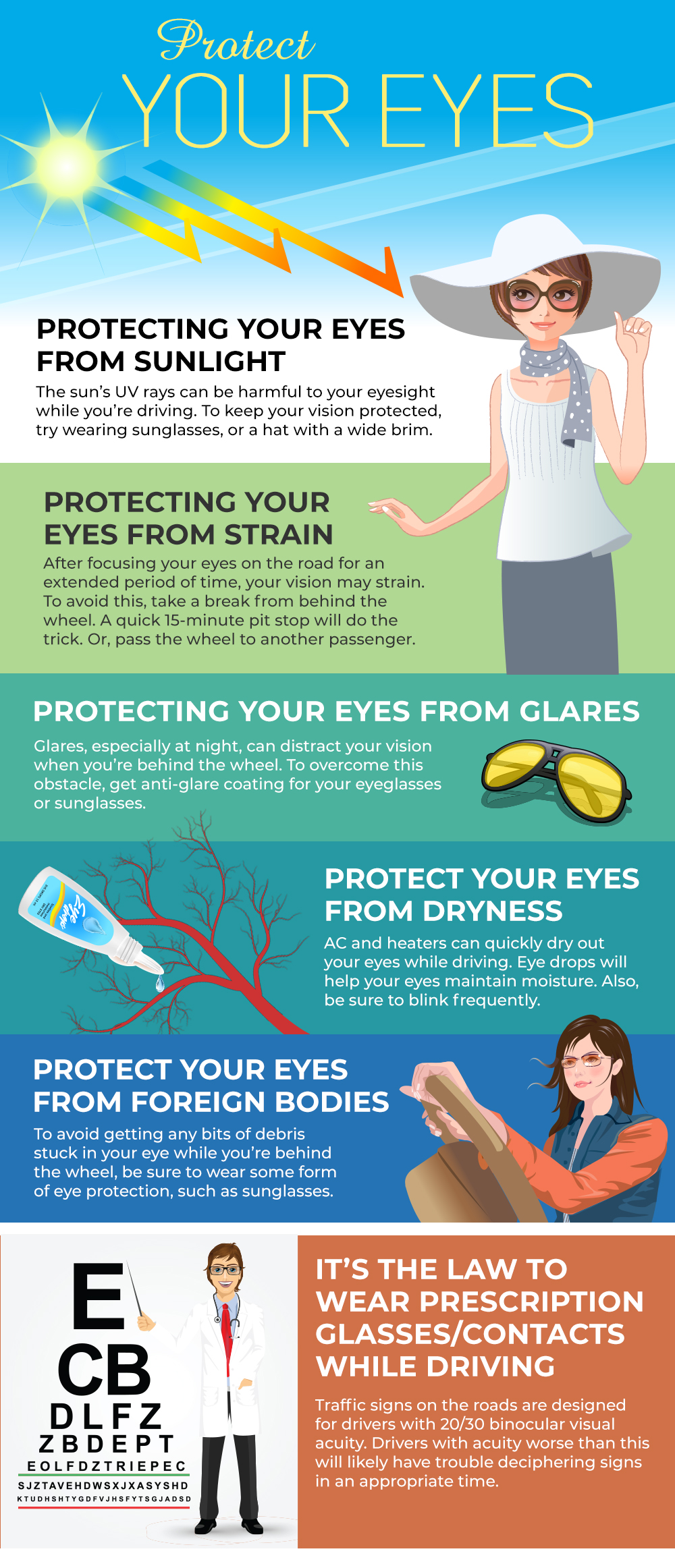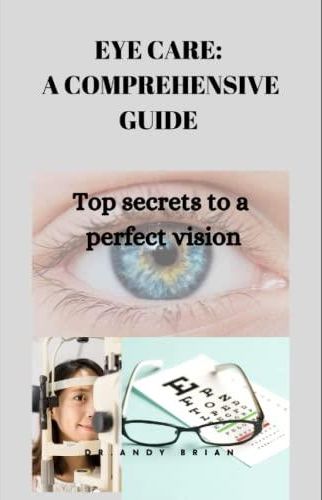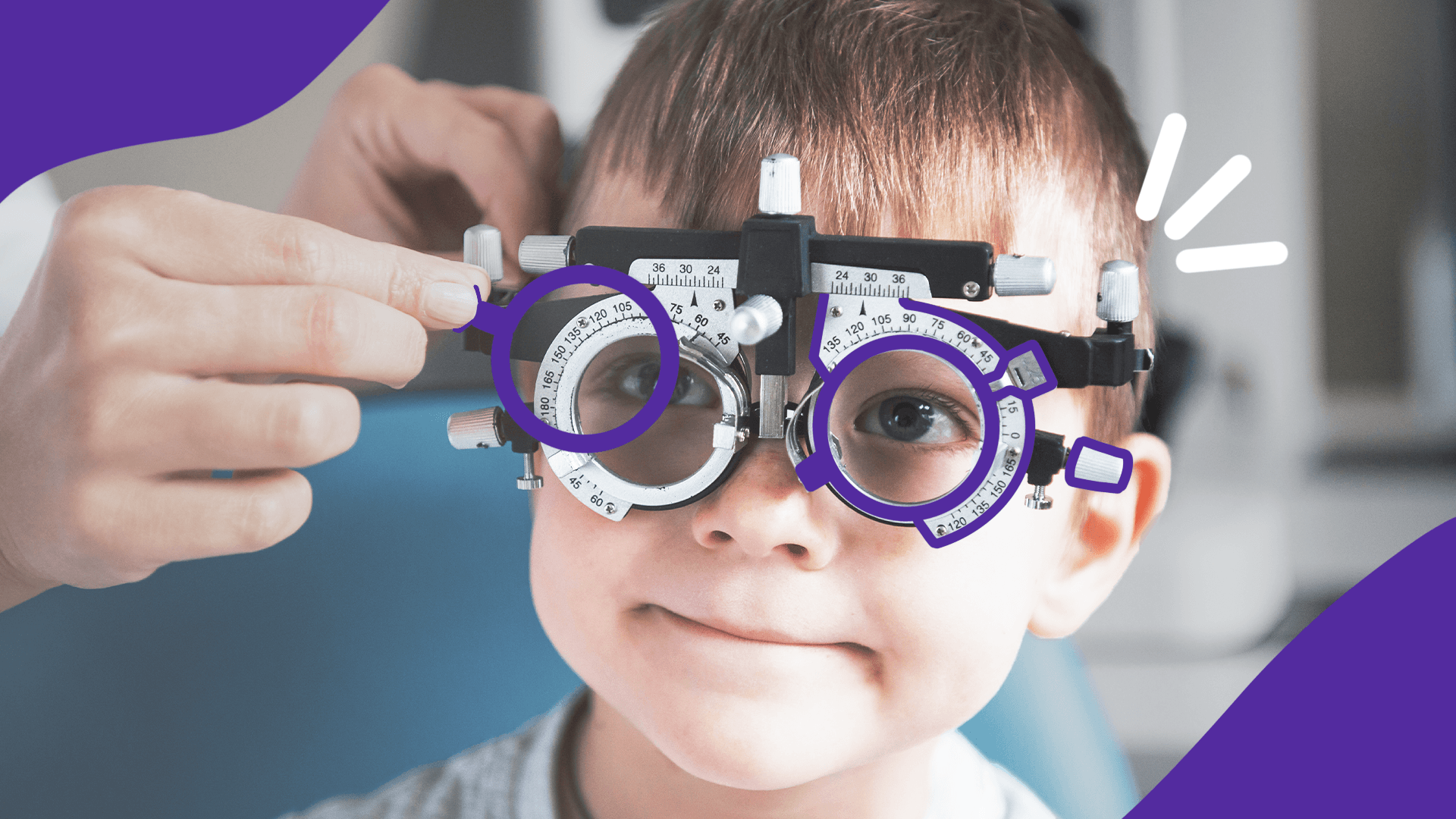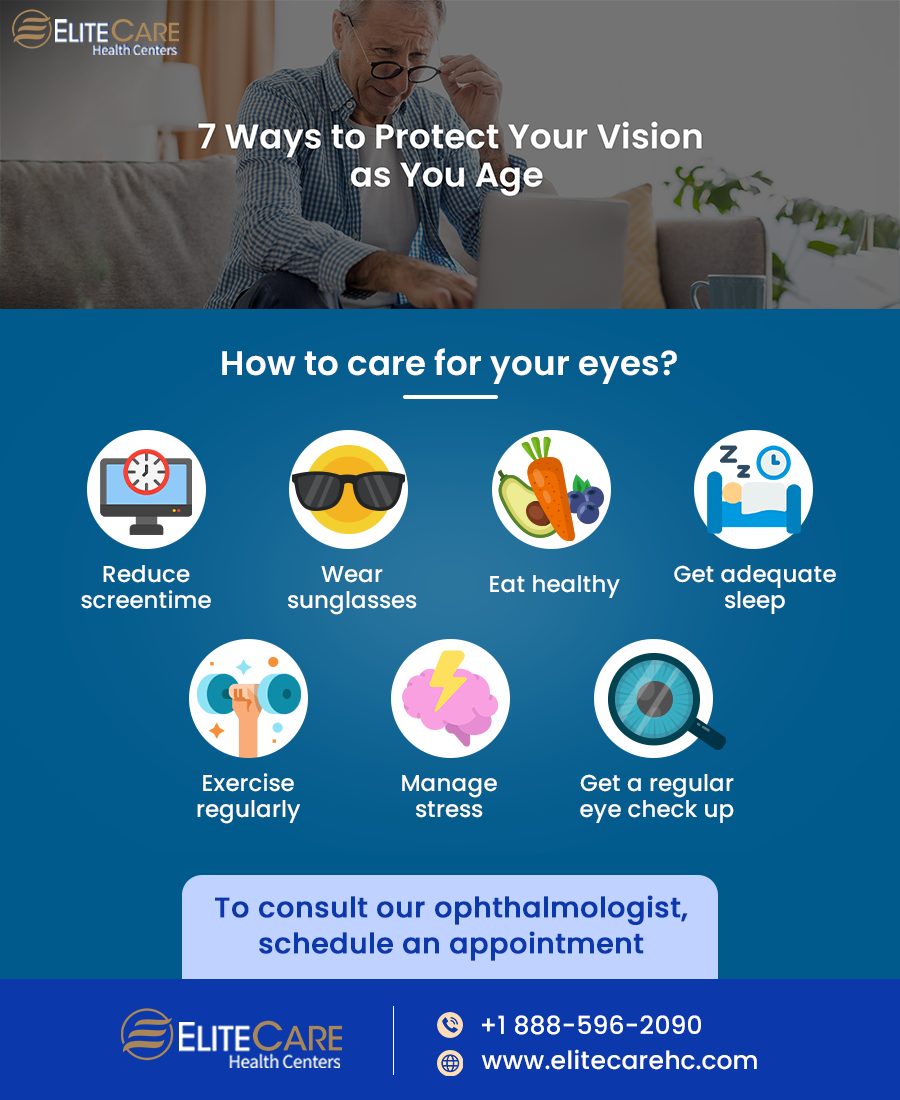Protecting Your Vision: A Comprehensive Guide to Eye Health Products
Related Articles: Protecting Your Vision: A Comprehensive Guide to Eye Health Products
Introduction
With enthusiasm, let’s navigate through the intriguing topic related to Protecting Your Vision: A Comprehensive Guide to Eye Health Products. Let’s weave interesting information and offer fresh perspectives to the readers.
Table of Content
Protecting Your Vision: A Comprehensive Guide to Eye Health Products

The eyes, often referred to as the windows to the soul, are vital organs that enable us to experience the world in all its vibrancy. However, these delicate structures are susceptible to a range of conditions and age-related changes that can compromise vision. Fortunately, a proactive approach to eye health can mitigate these risks and preserve optimal vision throughout life. This comprehensive guide delves into the world of eye health products, exploring their diverse benefits and offering insights into choosing the most suitable options for individual needs.
Understanding the Importance of Eye Health Products
Eye health products encompass a wide spectrum of solutions, from dietary supplements and vitamins to specialized eye drops and protective eyewear. Their primary objective is to support ocular health, prevent vision deterioration, and address specific eye concerns. By incorporating these products into daily routines, individuals can take a preventative approach to safeguarding their vision and potentially delaying the onset of age-related eye conditions.
Dietary Supplements and Vitamins for Eye Health
Certain nutrients play a crucial role in maintaining eye health. Dietary supplements and vitamins can help bridge nutritional gaps and ensure adequate intake of these essential compounds. Some key nutrients for eye health include:
- Lutein and Zeaxanthin: These carotenoids act as antioxidants, filtering harmful blue light and protecting the macula, a crucial area in the retina responsible for central vision. They are found in leafy green vegetables, egg yolks, and certain fruits.
- Vitamin A: This vitamin is vital for maintaining healthy vision and preventing night blindness. It is found in liver, dairy products, and orange-colored fruits and vegetables.
- Vitamin C: A powerful antioxidant, Vitamin C protects against oxidative stress, which can damage the delicate tissues of the eye. It is abundant in citrus fruits, berries, and leafy greens.
- Zinc: This mineral is essential for proper retinal function and may help protect against age-related macular degeneration (AMD). It is found in oysters, red meat, and nuts.
- Omega-3 Fatty Acids: These healthy fats are essential for maintaining the health of the retina and may reduce the risk of dry eye syndrome. They are found in fatty fish, flaxseeds, and walnuts.
Specialized Eye Drops for Various Eye Conditions
Eye drops provide a targeted approach to addressing specific eye concerns. They are available in various formulations, each designed to address a particular condition:
- Artificial Tears: These drops mimic natural tears, providing relief from dry eye syndrome, a common condition characterized by discomfort and blurred vision.
- Antihistamine Eye Drops: These drops alleviate allergy-related eye symptoms like itching, redness, and watery eyes.
- Antibiotic Eye Drops: Used to treat bacterial infections, these drops can help prevent vision loss and promote healing.
- Steroid Eye Drops: These drops are prescribed for inflammatory conditions, such as uveitis, and can reduce swelling and discomfort.
- Glaucoma Medications: These drops lower intraocular pressure, a key factor in the development of glaucoma, a condition that can lead to vision loss.
Protective Eyewear for Enhanced Eye Safety
Protecting the eyes from harmful elements is crucial for maintaining optimal vision. Protective eyewear plays a vital role in shielding the eyes from potential hazards:
- Sunglasses: UV radiation from the sun can damage the delicate tissues of the eye, increasing the risk of cataracts and macular degeneration. Sunglasses with UV protection block harmful rays, safeguarding the eyes.
- Safety Glasses: These glasses protect the eyes from flying debris, chemicals, and other potential hazards in industrial settings or during sports activities.
- Computer Glasses: Prolonged screen time can strain the eyes, leading to digital eye strain. Computer glasses with blue light filtering lenses reduce eye fatigue and discomfort.
Navigating the World of Eye Health Products: A Guide to Informed Choices
With the vast array of eye health products available, choosing the most suitable options can feel overwhelming. Here are some key considerations to guide your decision-making:
- Consult an Eye Care Professional: A comprehensive eye examination by an ophthalmologist or optometrist is the first step in addressing eye health concerns. They can assess your individual needs, diagnose any underlying conditions, and recommend the most appropriate products.
- Understand Your Eye Health Needs: Identify specific eye concerns, such as dry eye, allergies, or a family history of eye conditions. This will help narrow down the choices and focus on products that address your specific needs.
- Read Product Labels and Instructions: Pay close attention to ingredients, dosage instructions, and potential side effects. Choose products from reputable manufacturers and follow the instructions carefully.
- Consider the Cost and Availability: Eye health products vary in price, and some may require a prescription. Explore different options and compare prices to find the most affordable solutions.
- Maintain Realistic Expectations: While eye health products can be beneficial, they are not a magic cure. It is essential to adopt a holistic approach to eye care, including regular eye exams, healthy lifestyle choices, and a balanced diet.
Frequently Asked Questions (FAQs) about Eye Health Products
Q: Are eye health supplements safe for everyone?
A: While generally safe, dietary supplements can interact with certain medications or have potential side effects. Consult your doctor before taking any supplements, especially if you have underlying health conditions or are pregnant or breastfeeding.
Q: How long does it take to see results from eye health supplements?
A: The effects of supplements can vary depending on the individual and the specific product. It may take several weeks or months to experience noticeable improvements in eye health.
Q: Can eye drops be used for any type of eye discomfort?
A: Not all eye drops are suitable for every condition. Always consult your doctor or pharmacist to determine the appropriate type of eye drops for your specific needs.
Q: Are blue light filtering glasses effective in reducing eye strain?
A: While studies are ongoing, some evidence suggests that blue light filtering lenses can reduce eye strain and improve sleep quality. However, their effectiveness may vary depending on the individual and the type of blue light filter used.
Q: How often should I have my eyes examined?
A: Regular eye exams are crucial for maintaining optimal vision. The frequency of exams may vary depending on age, risk factors, and any existing eye conditions. It is generally recommended to have comprehensive eye exams at least every one to two years, or more frequently if advised by your eye care professional.
Tips for Optimizing Eye Health
- Maintain a Balanced Diet: Consume a diet rich in fruits, vegetables, and lean protein, which provides essential nutrients for eye health.
- Limit Screen Time: Take regular breaks from screens and practice the 20-20-20 rule: every 20 minutes, look at an object 20 feet away for 20 seconds.
- Quit Smoking: Smoking increases the risk of cataracts, macular degeneration, and other eye conditions.
- Protect Your Eyes from the Sun: Wear sunglasses with UV protection and a wide brimmed hat when outdoors.
- Manage Underlying Conditions: Conditions like diabetes and high blood pressure can affect eye health. Manage these conditions effectively to minimize the risk of eye complications.
- Practice Good Hygiene: Wash your hands frequently and avoid touching your eyes to prevent infections.
Conclusion
Maintaining optimal eye health is essential for enjoying a fulfilling life. By incorporating a combination of healthy lifestyle choices, regular eye exams, and the judicious use of eye health products, individuals can take proactive steps to protect their vision and prevent age-related eye conditions. Remember, early detection and intervention are key to preserving eye health and ensuring a lifetime of clear vision. Consult with your eye care professional to determine the best course of action for your specific needs.








Closure
Thus, we hope this article has provided valuable insights into Protecting Your Vision: A Comprehensive Guide to Eye Health Products. We appreciate your attention to our article. See you in our next article!